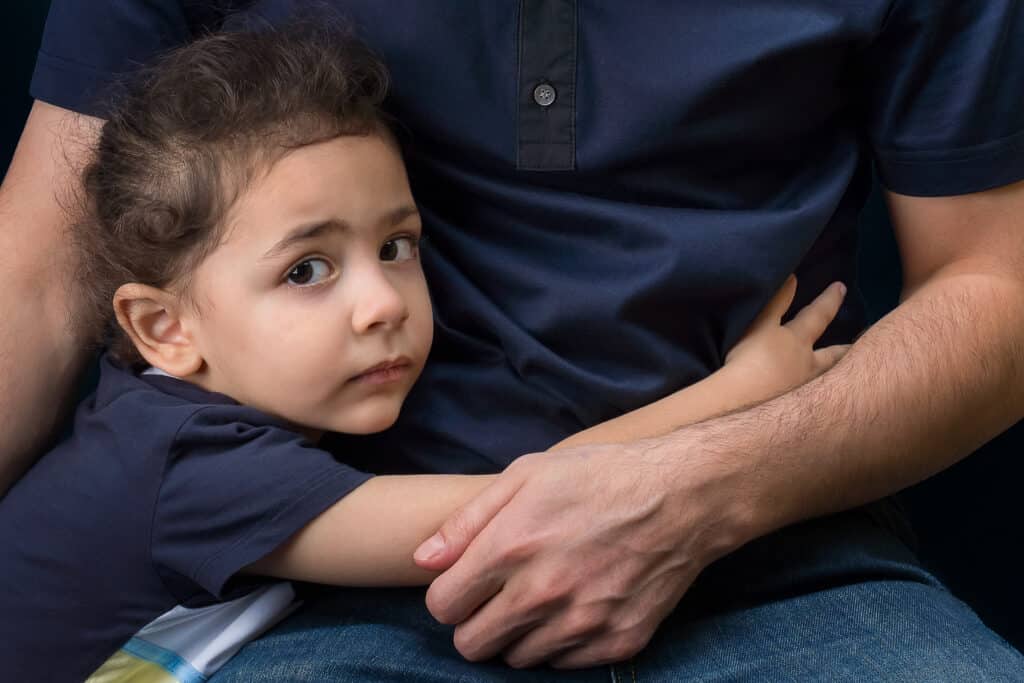If you ever become incapacitated, there will need to be someone who will be able to get your things into order and ensure that everything is taken good care of. That is why guardians and power of attorney documents exist. Both positions are intended to help people who are unable to help themselves. However, there are differences between guardianship and power of attorney that are important to understand. Continue reading to learn more about the responsibilities and differences between these two appointments.
What Is A Guardian?
Guardians, sometimes referred to as custodians, are individuals who take charge of another person’s legal affairs after they have been incapacitated. The person cared for by the guardian is referred to as a ward. A ward is typically a personal who has been mentally or physically incapacitated or a child whose parents have passed away. A legal guardian cares for their ward’s property, makes sure their bills are paid, and cares for any other obligations or interests that their ward has.
What Is A Power Of Attorney?
A power of attorney, otherwise known as a letter of attorney, is a document that authorizes an individual to act in the stead of another person. The person who is given authorization is often referred to as an agent. The power of attorney grants the agent the ability to manage another person’s business, financial, medical and personal affairs.
#1: Who Appoints The Agent/Guardian
The first difference between guardians and power of attorneys (that is not already clear through their descriptions) is that a different individual appoints the person that will act in your stead. You choose who will be your agent with a power of attorney, while guardians are chosen by the court.
#2: The Level Of Restriction
While both agents who act under a power of attorney and guardians serve the same purpose of managing another person’s affairs and representing them in a variety of different ways, there are certainly differences in the level of restriction and responsibility. Guardianship means an almost complete loss of control, freedom and dignity for the individual who is handing over their rights. That is why people typically try to go the power of attorney route first, before guardianship is discussed.
#3: Different Costs
Another difference between guardianship and power of attorney is the costs associated with either station. If you decide to appoint a power of attorney, it will be much less expensive than getting a guardian. This is due to the fact that there is a long legal process involved with a guardian being appointed, whereas a power of attorney simply requires taking a ride over to your attorney’s office to get the document written up.
Do You Want To Appoint A Power Of Attorney Or Guardian?
If you are wanting to appoint a family member or friend to be your power of attorney, you will need legal assistance. We at Kaufman, Nichols, & Kaufman offer legal advice and services for a variety of legal areas including family law, personal injury law, business litigation, real estate law, and estate planning. We can help individuals acquire guardianship by going through the correct legal channels. Reach out to us today for more information or to get in contact with one of our attorneys.




